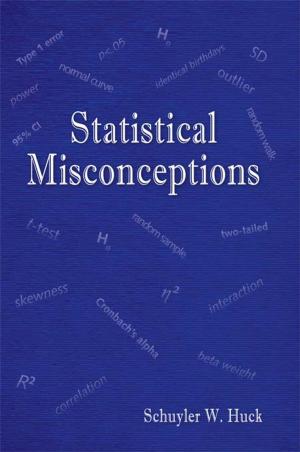Social Policies and Public Action
Nonfiction, Social & Cultural Studies, Social Science, Social Work, Sociology| Author: | Lavinia Bifulco | ISBN: | 9781317053613 |
| Publisher: | Taylor and Francis | Publication: | December 1, 2016 |
| Imprint: | Routledge | Language: | English |
| Author: | Lavinia Bifulco |
| ISBN: | 9781317053613 |
| Publisher: | Taylor and Francis |
| Publication: | December 1, 2016 |
| Imprint: | Routledge |
| Language: | English |
The concept of public action is a magnifying lens for shedding light on the plurality of institutional and social actors interacting in policies. Taking into account a changing social world that is redefining the State and its instruments, it is well suited for picking out transformations that have been affecting European social policies for some twenty years or so now: the territorial reorganization of powers; the spread of a public-private mix in the provision of services; the rise of new forms of collaborative governance; the institutionalization of the European agenda on social investment.
This book examines social policies as normative and cognitive devices that contribute to organizing social life and are themselves moulded and redefined by it. The perspective of public action is located where it is possible to observe how these devices come into action, the powers and interests they help mobilize and the dynamics they generate. Policies thus appear as a tangle of rather diverse processes in which the erosion of the ‘social’ coexists with the emergence of innovative forms of social organization.
Public action is the key tool that helps to deal with this tangle by posing the following questions. What vocabularies, significances and practices are set in motion by the ‘social’ today? What are the resources that fuel it? What powers are deployed in it?
The concept of public action is a magnifying lens for shedding light on the plurality of institutional and social actors interacting in policies. Taking into account a changing social world that is redefining the State and its instruments, it is well suited for picking out transformations that have been affecting European social policies for some twenty years or so now: the territorial reorganization of powers; the spread of a public-private mix in the provision of services; the rise of new forms of collaborative governance; the institutionalization of the European agenda on social investment.
This book examines social policies as normative and cognitive devices that contribute to organizing social life and are themselves moulded and redefined by it. The perspective of public action is located where it is possible to observe how these devices come into action, the powers and interests they help mobilize and the dynamics they generate. Policies thus appear as a tangle of rather diverse processes in which the erosion of the ‘social’ coexists with the emergence of innovative forms of social organization.
Public action is the key tool that helps to deal with this tangle by posing the following questions. What vocabularies, significances and practices are set in motion by the ‘social’ today? What are the resources that fuel it? What powers are deployed in it?















